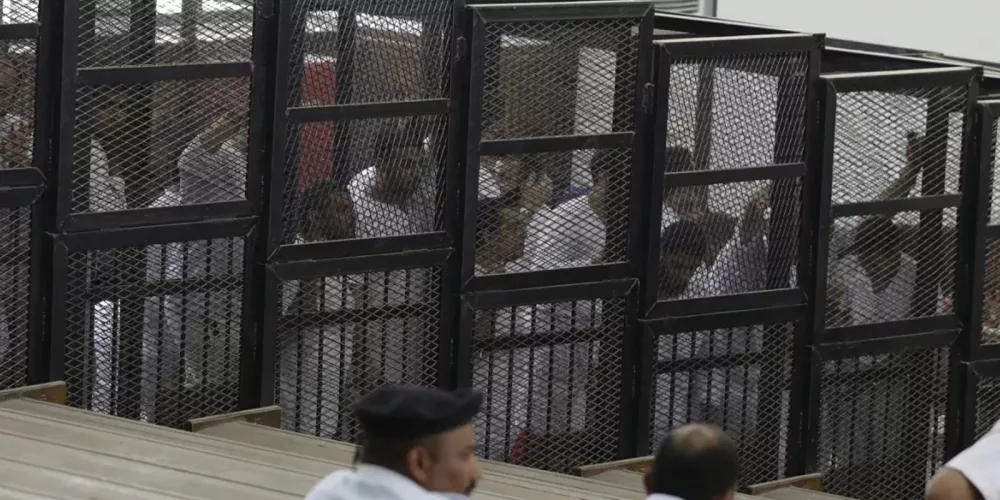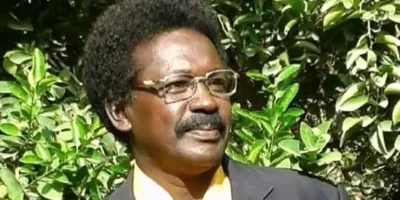Every year on December 10, the world observes International Human Rights Day, marking the adoption of the Universal Declaration of Human Rights by the United Nations General Assembly in 1948. This day serves as a reminder of the universal importance of respecting human rights and upholding human dignity. It also provides an opportunity to shine a light on the challenges faced by human rights defenders globally, with particular focus on the dire situation in Egypt.
On this important occasion, we recognize the courage and dedication of Egyptian human rights defenders, who tirelessly work in extraordinarily difficult and often hostile conditions. These individuals fight for fundamental rights such as freedom of expression, peaceful assembly, women’s rights, minority rights, and workers’ rights. However, their advocacy comes at a steep price, as they face constant risks, threats, and harassment.
The human rights landscape in Egypt has deteriorated significantly in recent years. Human rights defenders are subjected to alarming levels of repression, including arbitrary arrests without clear charges, unfair trials, and severe restrictions on freedom of expression. Media outlets and social media platforms are tightly controlled, hindering defenders’ ability to amplify their voices. Additionally, restrictive laws targeting civil society organizations severely curtail the operations of NGOs and associations.
In 2024, Committee for justice documented numerous violations against human rights defenders in Egypt as part of its Justice for Human Rights Defenders project. Dozens of lawyers and journalists were arrested, with many subjected to prolonged arbitrary detention. For instance, human rights lawyer Hoda Abdel Moneim and lawyer Ibrahim Metwally remain in detention without due process. Economist Abdel Khaleq Farouk also faced arbitrary detention, while others, such as lawyer Saeed Khalaf, translator Marwa Arqa, and lawyer Mustafa Khatib, continue to endure pretrial detention that contravenes Egyptian law.
Workers’ rights defenders have also been targeted. Union leader Hisham Al-Banna, known for his role in the Samanoud strike in August 2024, faced arbitrary detention before his release, only to be excluded from decisions reinstating dismissed workers. Labor activist Hossam Zakaria remains detained under accusations of supporting a terrorist group, financing it, and spreading false information due to his advocacy for workers’ rights.
Security forces arrested 17 activists on April 23, 2024, during a peaceful protest in front of the UN Women headquarters in Cairo. These activists were expressing solidarity with women in Gaza and Sudan. After a night of enforced disappearance, they were released on bail, yet their ordeal underscores the dangers faced by civil society actors.
Despite the closure of investigations into Case 173 of 2011, commonly known as the “foreign funding case,” many defendants remain subject to travel bans and asset freezes. This includes employees and leaders of the Egyptian Initiative for Personal Rights, who continue to face significant restrictions.
Therefore, Committee for justice calls on the Egyptian government to:
- Immediately and unconditionally release all human rights defenders detained for their peaceful activism.
- Ensure a safe and enabling environment for human rights defenders, free from threats and harassment.
- Review and reform restrictive legislation on freedom of expression, assembly, and association to align with international standards.
We also urge the international community to maintain pressure on Egyptian authorities to protect human rights defenders and support civil society organizations working under immense challenges.






